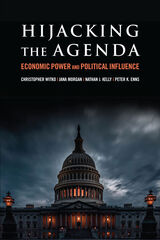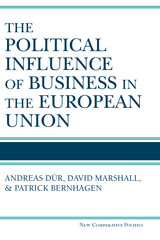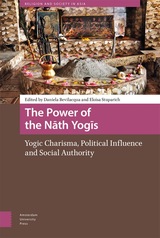
The authors analyze over 20 years of floor speeches by several hundred members of Congress to examine the influence of campaign contributions on how the national economic agenda is set in Congress. They find that legislators who received more money from business and professional associations were more likely to discuss the deficit and other upper-class priorities, while those who received more money from unions were more likely to discuss issues important to lower- and middle-class constituents, such as economic inequality and wages. This attention imbalance matters because issues discussed in Congress receive more direct legislative action, such as bill introductions and committee hearings. While unions use campaign contributions to push back against wealthy interests, spending by the wealthy dwarfs that of unions.
The authors use case studies analyzing financial regulation and the minimum wage to demonstrate how the financial influence of the wealthy enables them to advance their economic agenda. In each case, the authors examine the balance of structural power, or the power that comes from a person or company’s position in the economy, and kinetic power, the power that comes from the ability to mobilize organizational and financial resources in the policy process. The authors show how big business uses its structural power and resources to effect policy change in Congress, as when the financial industry sought deregulation in the late 1990s, resulting in the passage of a bill eviscerating New Deal financial regulations. Likewise, when business interests want to preserve the policy status quo, it uses its power to keep issues off of the agenda, as when inflation eats into the minimum wage and its declining purchasing power leaves low-wage workers in poverty. Although groups representing lower- and middle-class interests, particularly unions, can use their resources to shape policy responses if conditions are right, they lack structural power and suffer significant resource disadvantages. As a result, wealthy interests have the upper hand in shaping the policy process, simply due to their pivotal position in the economy and the resulting perception that policies beneficial to business are beneficial for everyone.
Hijacking the Agenda is an illuminating account of the way economic power operates through the congressional agenda and policy process to privilege the interests of the wealthy and marks a major step forward in our understanding of the politics of inequality.


For well over a century the Catholic Church has articulated clear positions on many issues of public concern, particularly economics, capital punishment, foreign affairs, sexual morality, and abortion. Yet the fact that some of the Church's positions do not mesh well with the platforms of either of the two major political parties in the U.S. may make it difficult for Americans to look to Catholic doctrine for political guidance. Scholars of religion and politics have long recognized the potential for clergy to play an important role in shaping the voting decisions and political attitudes of their congregations, yet these assumptions of political influence have gone largely untested and undemonstrated.
Politics in the Parish is the first empirical examination of the role Catholic clergy play in shaping the political views of their congregations. Gregory Allen Smith draws from recent scholarship on political communication, and the comprehensive Notre Dame Study of Parish Life, as well as case studies he conducted in nine parishes in the mid-Atlantic region, to investigate the extent to which and the circumstances under which Catholic priests are influential in shaping the politics of their parishioners.
Smith is able to verify that clergy do exercise political influence, but he makes clear that such influence is likely to be nuanced, limited in magnitude, and exercised indirectly by shaping parishioner religious attitudes that in turn affect political behavior. He shows that the messages that priests deliver vary widely, even radically, from parish to parish and priest to priest. Consequently, he warns that scholars should exercise caution when making any global assumptions about the political influence that Catholic clergy affect upon their congregations.

READERS
Browse our collection.
PUBLISHERS
See BiblioVault's publisher services.
STUDENT SERVICES
Files for college accessibility offices.
UChicago Accessibility Resources
home | accessibility | search | about | contact us
BiblioVault ® 2001 - 2024
The University of Chicago Press









